Organic Tea Tree Essential Oil (15ml)
Melaleuca Alternifolia



€ 10,90
Tea tree essential oil has a powerful cleansing effect. It is often used for infections, skin irritations, and to strengthen the immune system.
Gift bag + free shipping for orders over 59 EUR
Description
- Ingredients: 100% Tea Tree Essential Oil (Melaleuca Alternifolia)
- Extraction Method: Steam Distillation
Scent
Fresh, green and strong
Benefits
- Powerful natural antiseptic
- Has strong antibacterial, antifungal and antiviral properties
- Can be effective in treating fungus on feet, nails and other parts of the body.
- Effective acne fighter
- Helps with viral infections, flu, colds and coughs
- Used to treat cuts, wounds and burns
- Improves overall oral health
- Eliminates unpleasant odor from sweating on the body and feet
- Disinfects the air and keeps the home clean
Applications
- Aromatherapy in the bath for relaxation and disinfection
- In a diffuser for a purifying and refreshing effect on the air
- Massage with base oil for skin problems and physical ailments
- As an additive in homemade cleaning products for disinfection
- Topical application for the treatment of acne, wounds and fungal infections (diluted)
- Homemade mouthwash (1 drop in a glass of water) to improve oral hygieneSafety advice: Use only diluted, avoid contact with eyes, mucous membranes and sensitive areas. Not recommended for children, pregnant and lactating women without consulting a doctor.
Recipes with Organic Tea Tree Essential Oil (15ml)
What makes us different?
Our care for the soil and the future – your guarantee for purity.
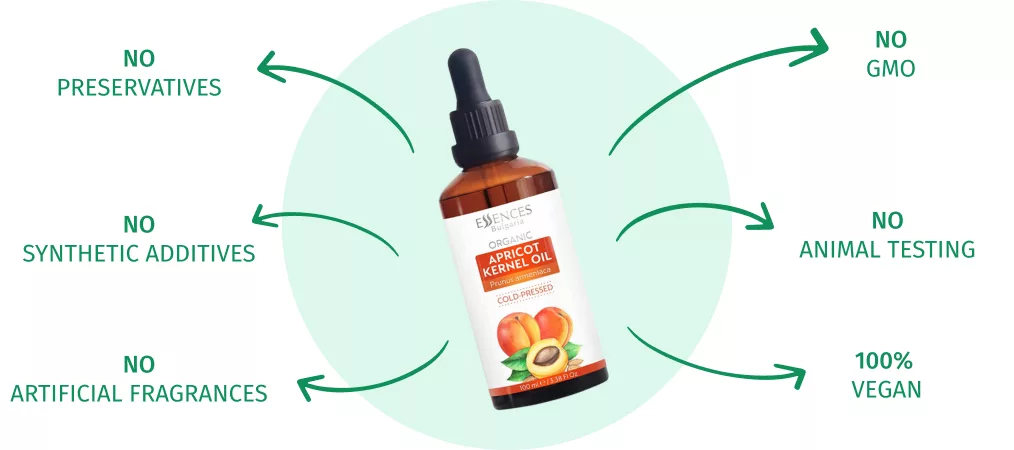


"“I am impressed by the ethos of Essences Bulgaria. Their commitment to organic farming, their care for the soil, and for future generations is commendable and they demonstrate a deep care in both sustainable farming and the production of quality essential oils."
Helen Nagle-Smith
Clinical aromatherapist, lecturer and author of "Working with Unusual Essential Oils" and "Aroma, Aromatherapy and Trauma".
Add a review
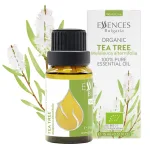 Organic Tea Tree Essential Oil (15ml)
Organic Tea Tree Essential Oil (15ml)
Your review
* Review is required
Name
* Name is required
Email
* Email is required
Add photos or video to your review
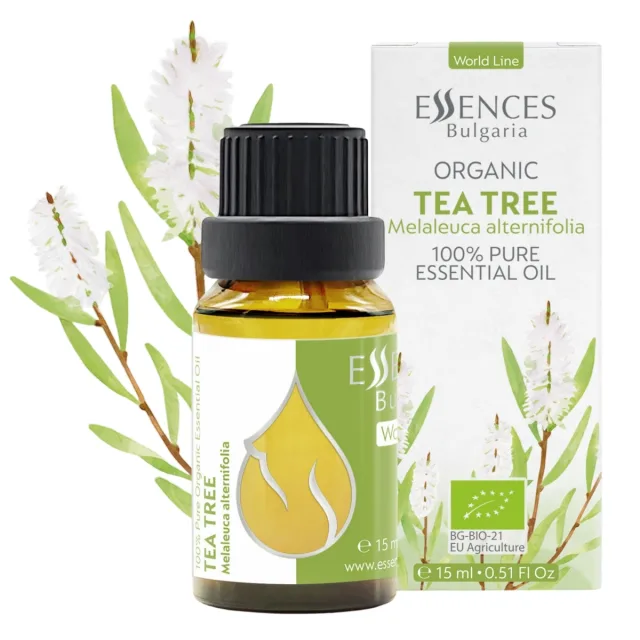
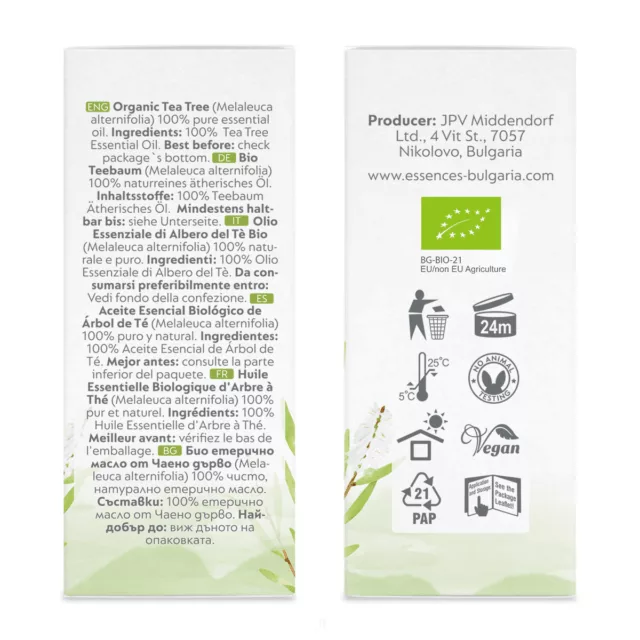
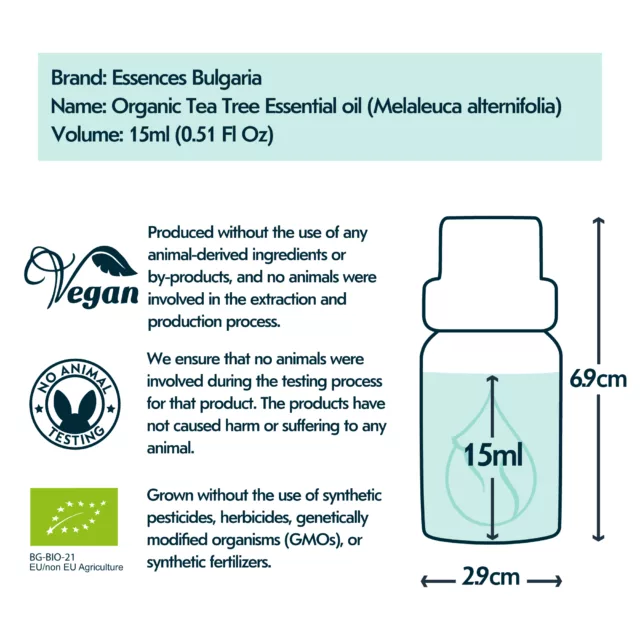
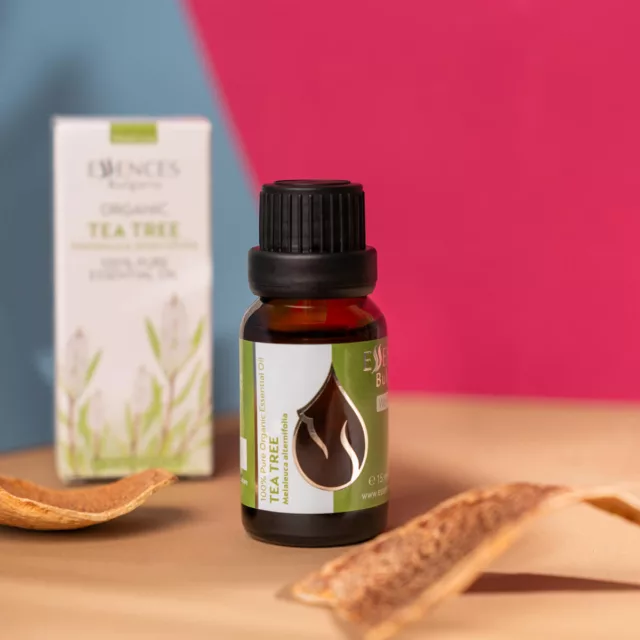
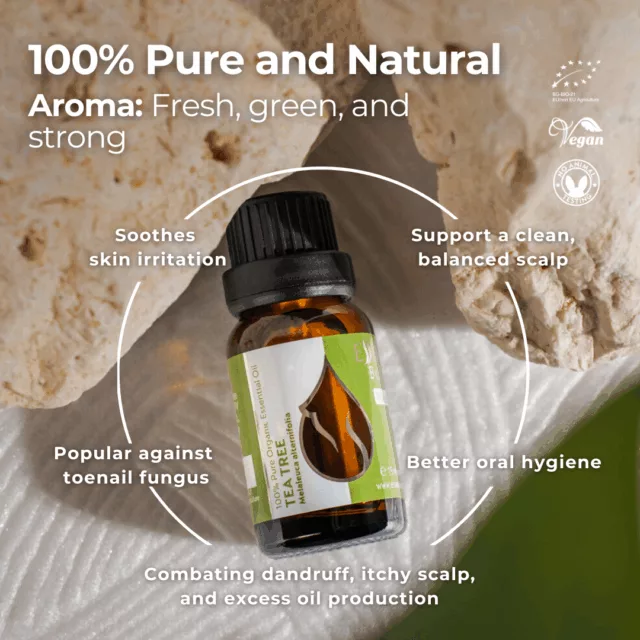
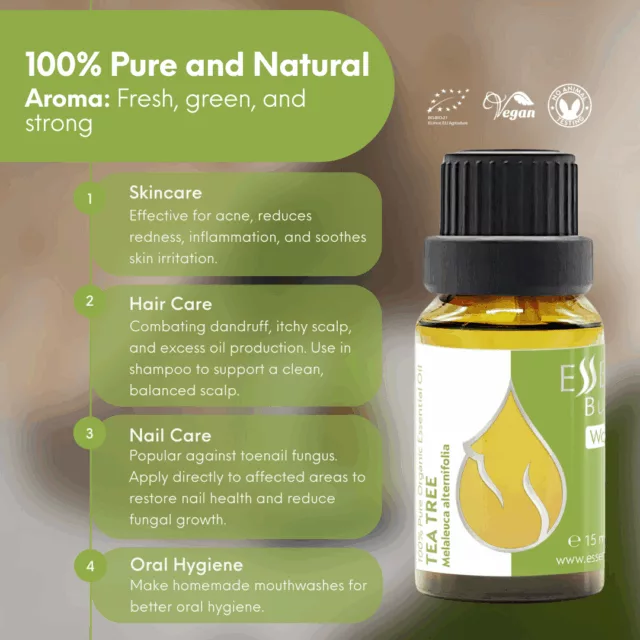
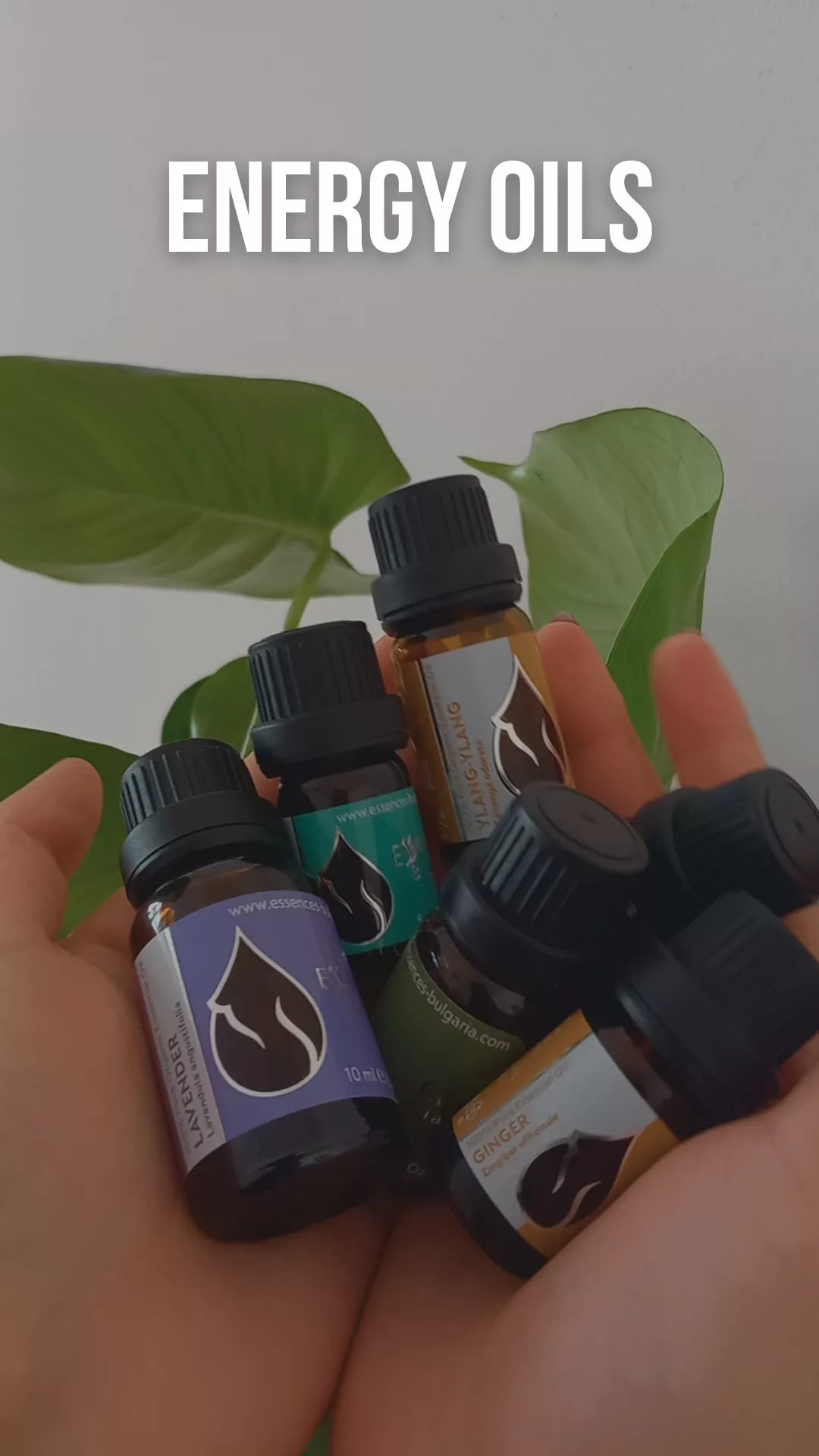
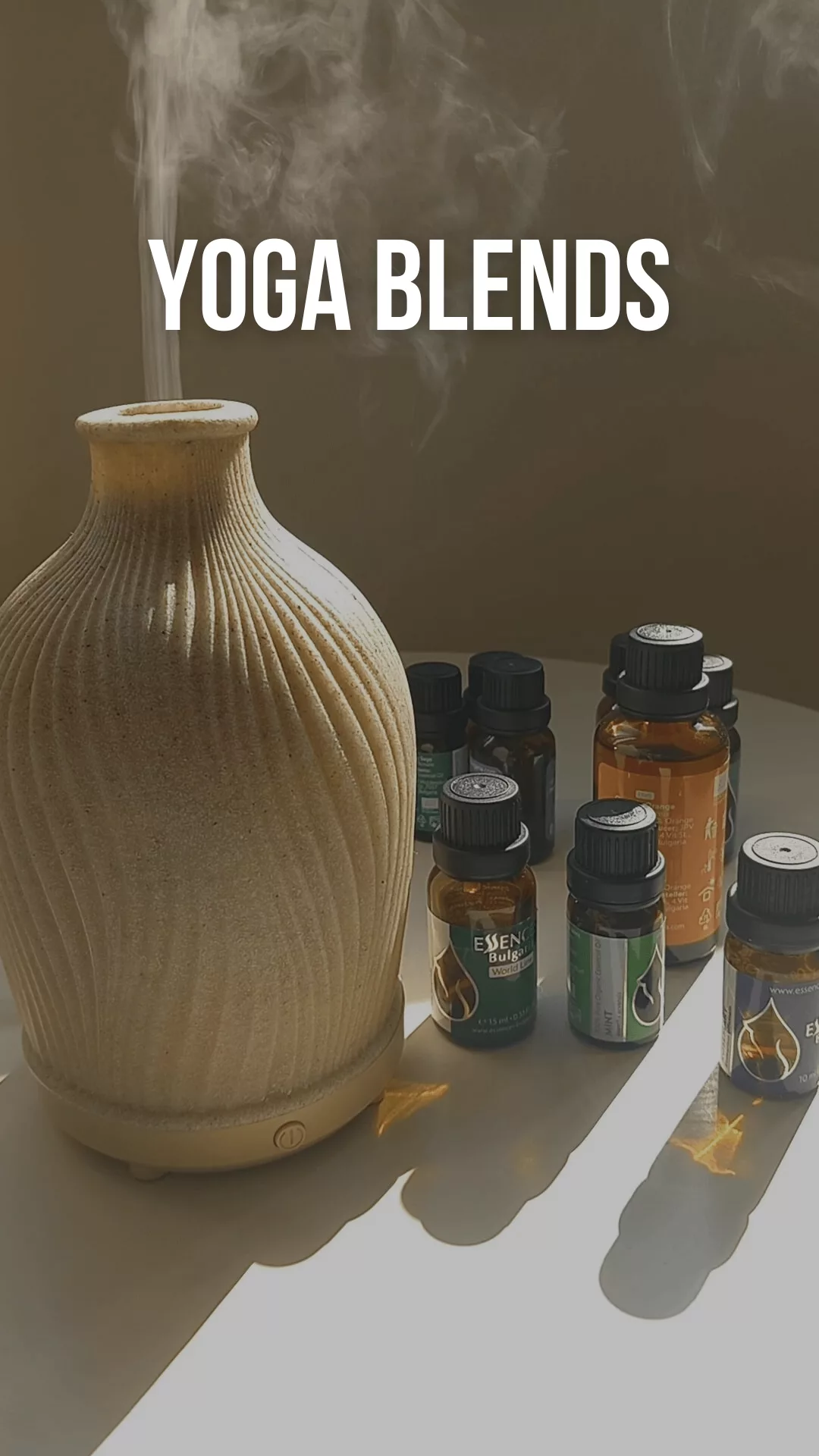
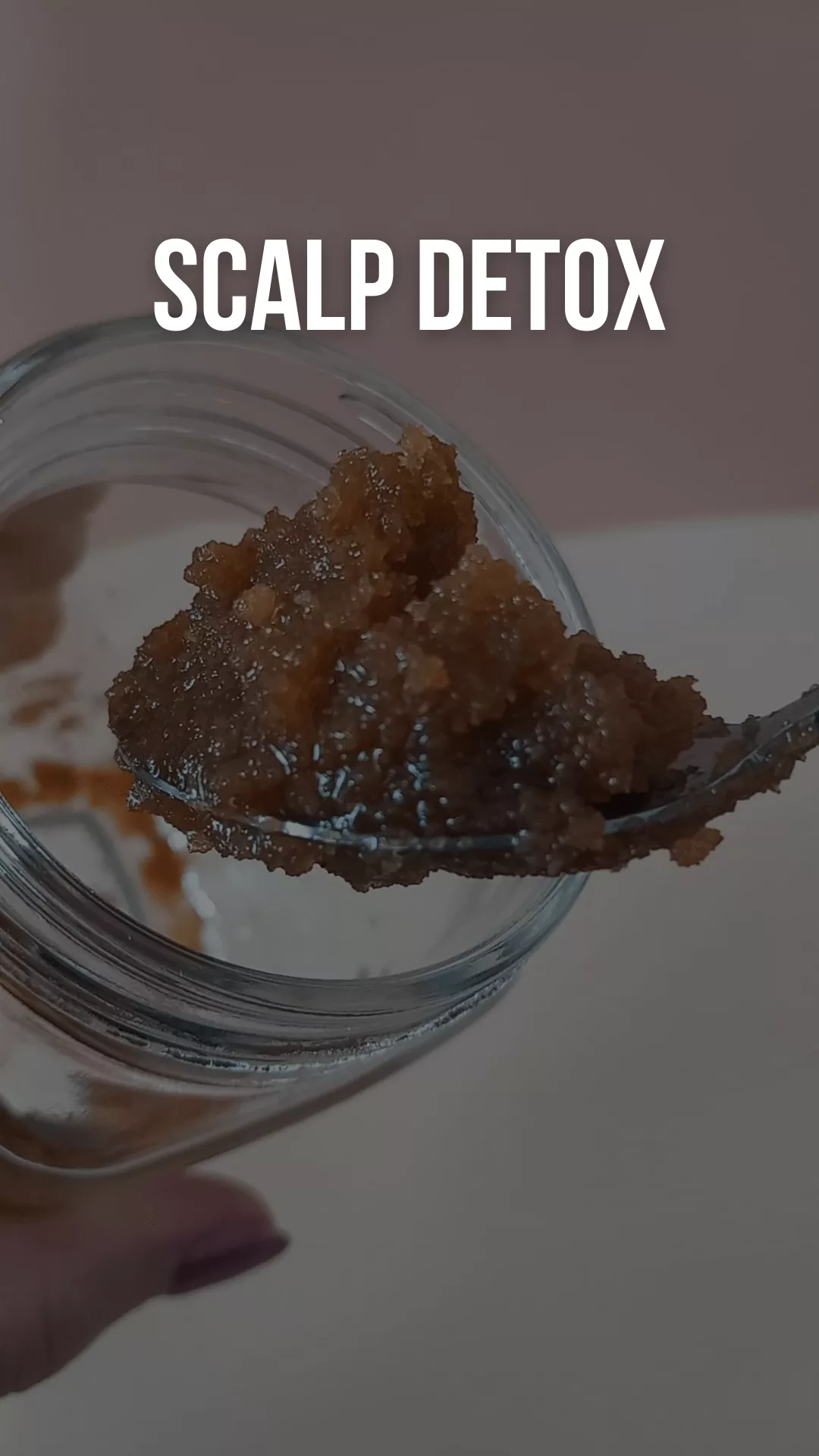
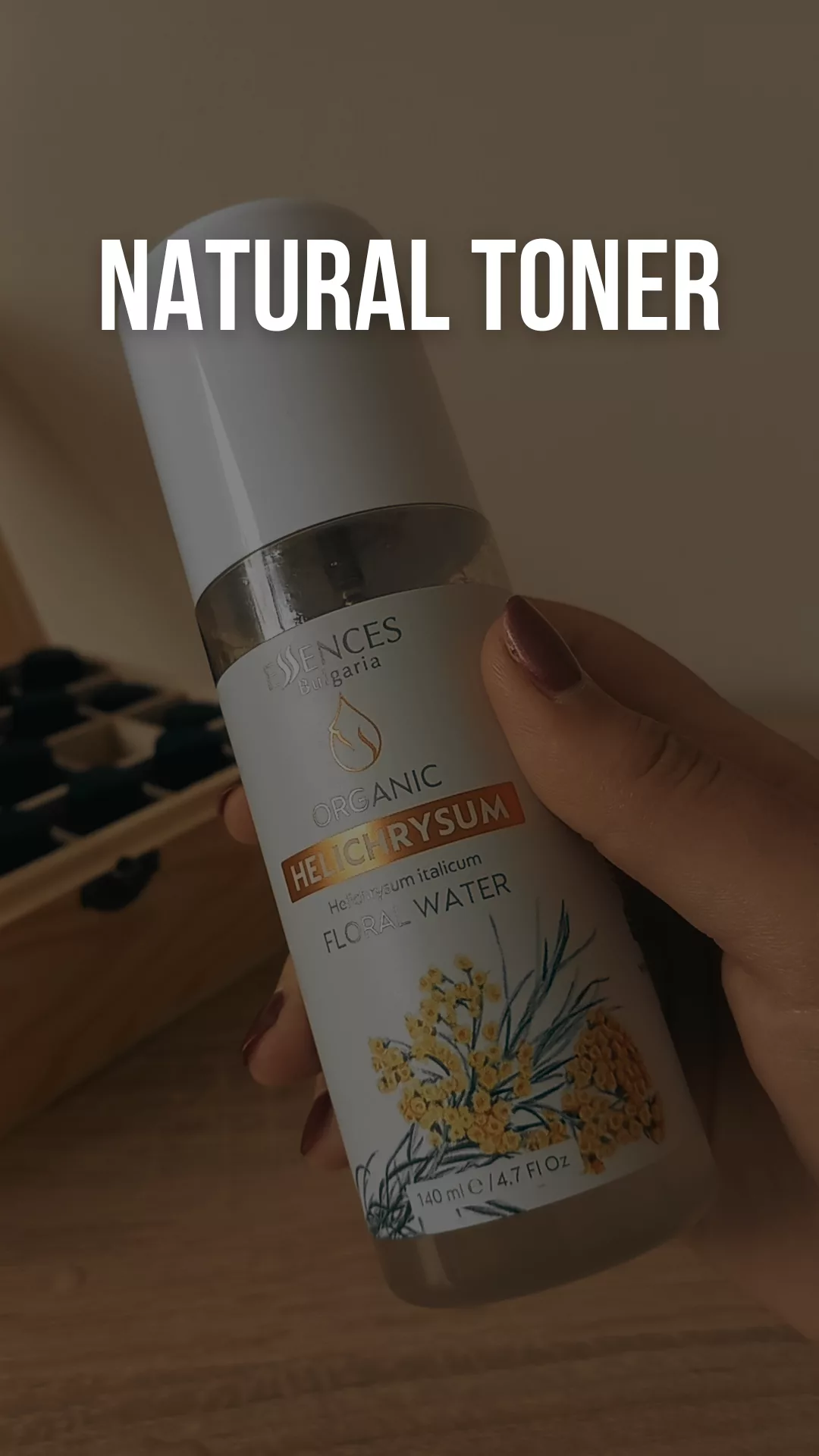
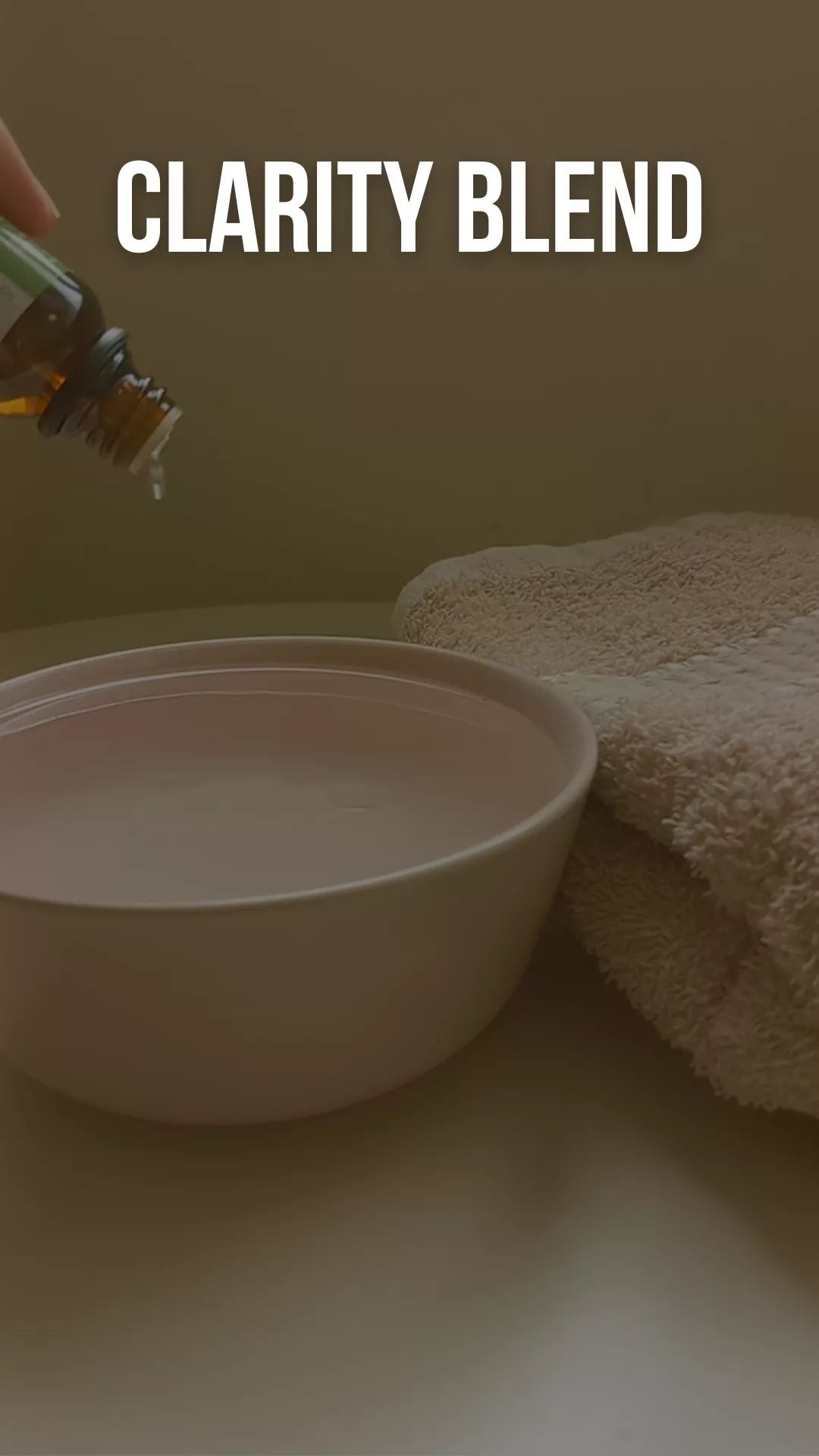

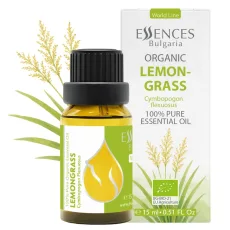
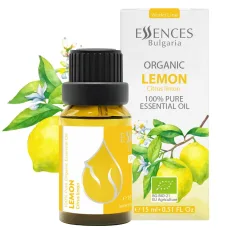
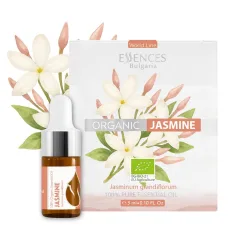
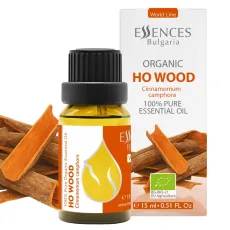
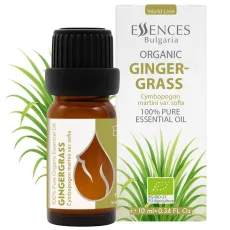
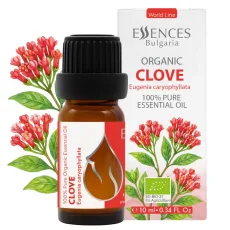

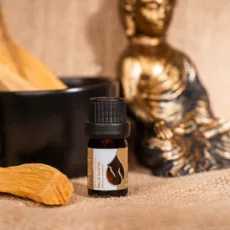
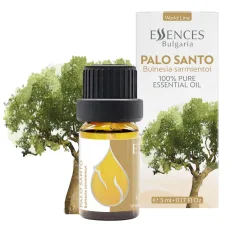
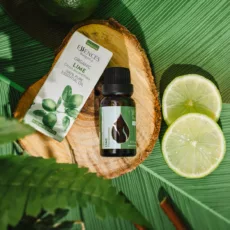
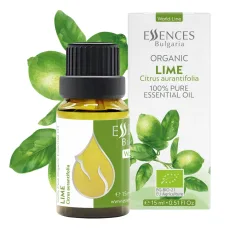
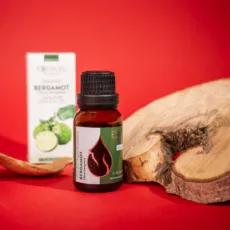
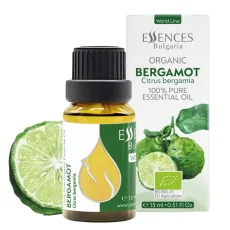
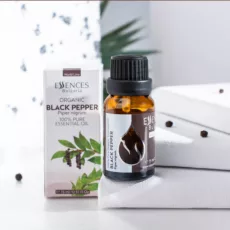
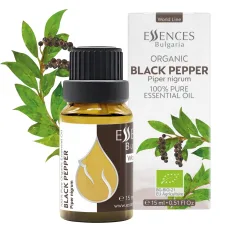
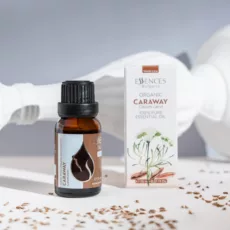
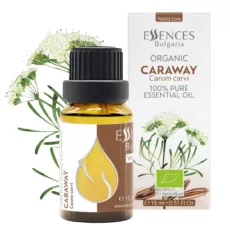
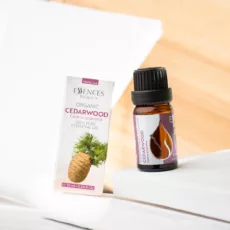
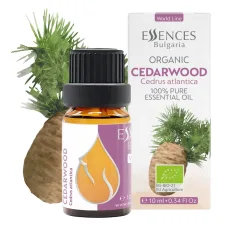
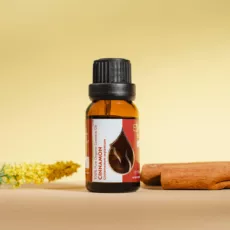
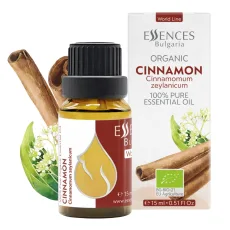
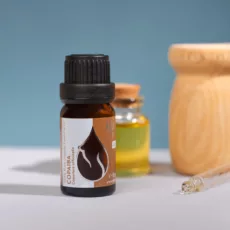
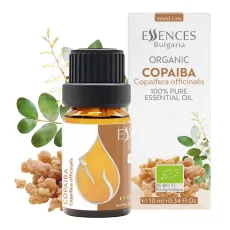
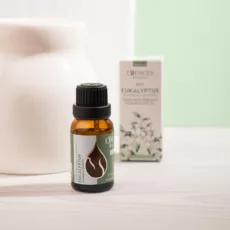
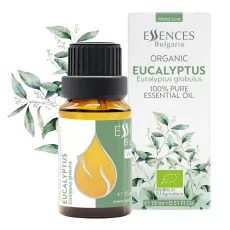
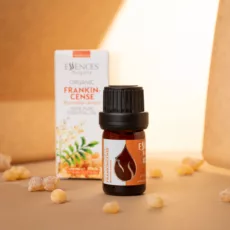
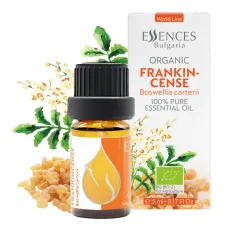
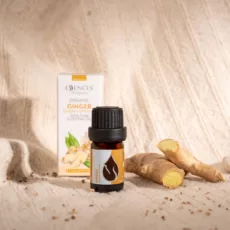
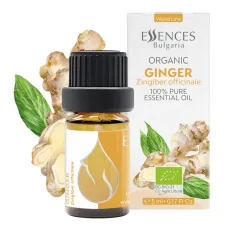
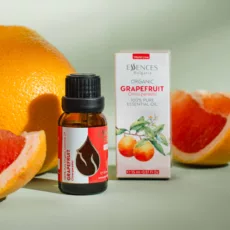
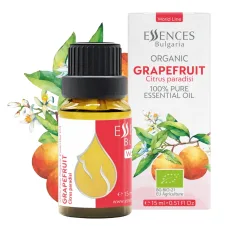

Reviews
There are no reviews yet